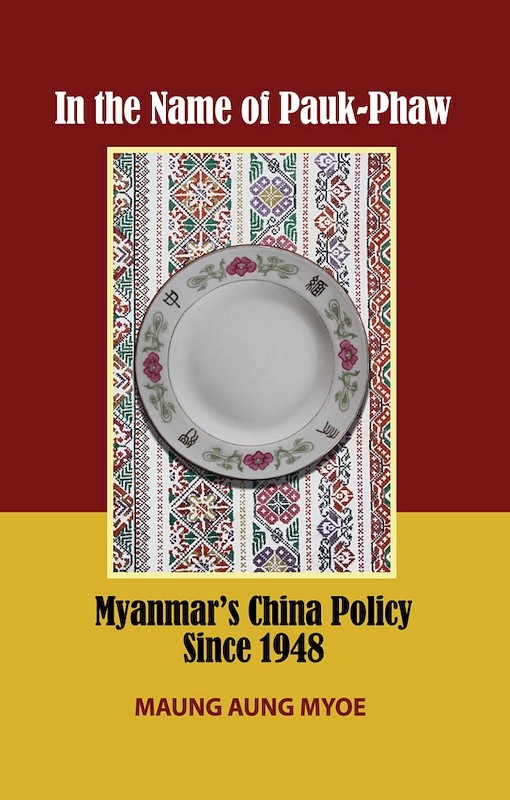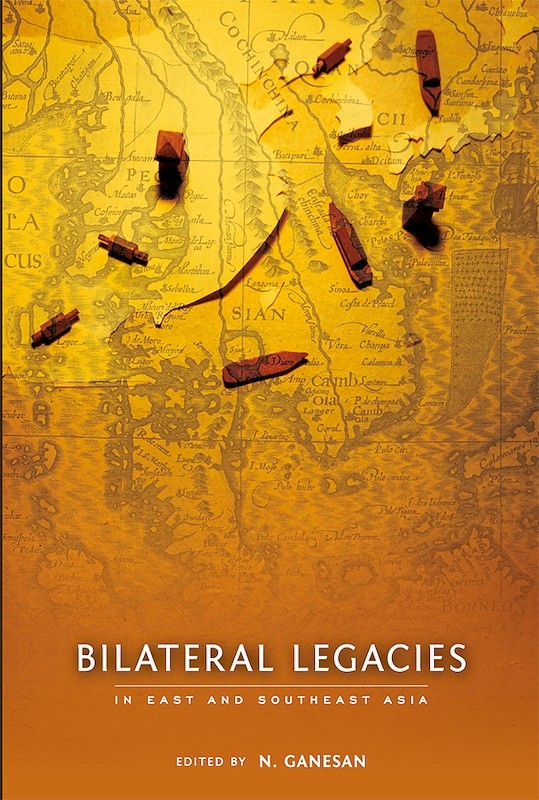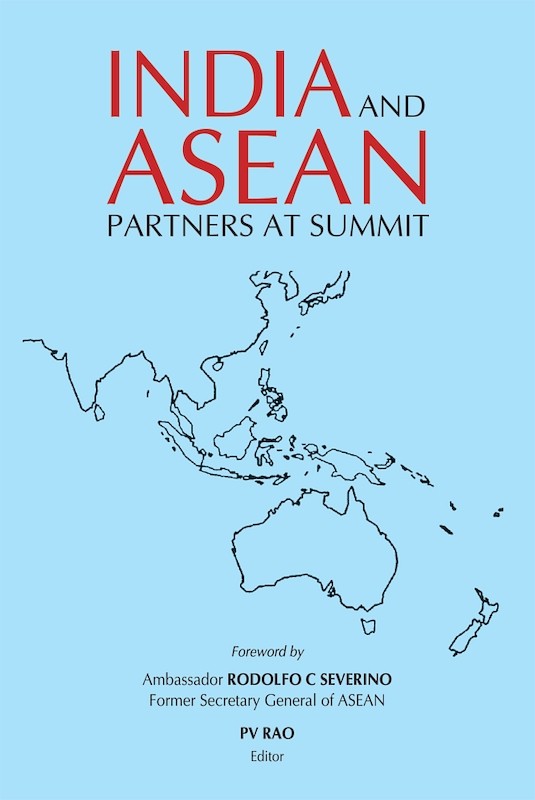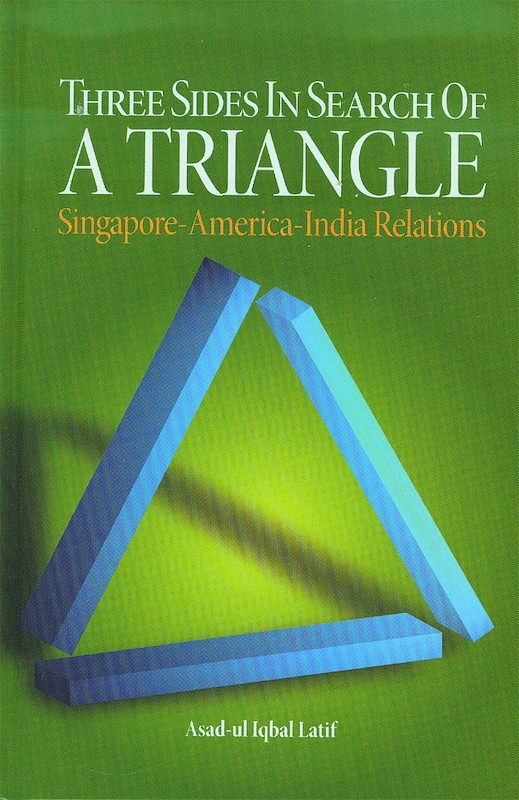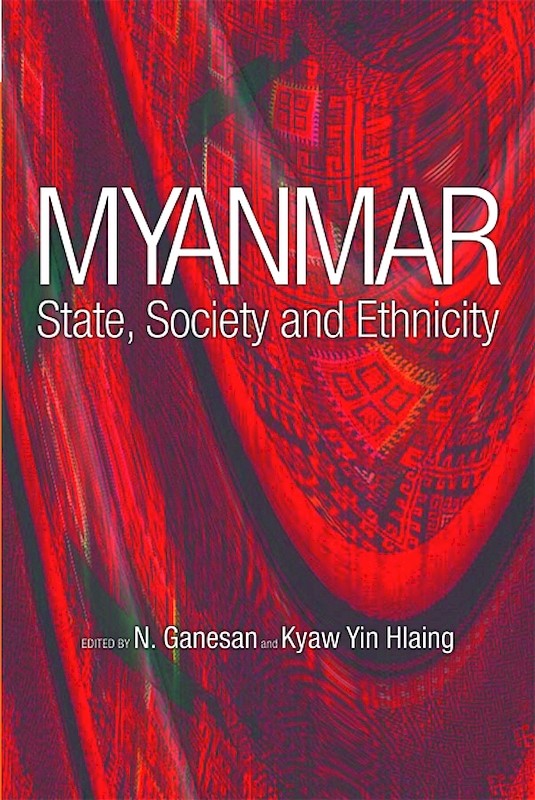India–Myanmar Relations: Changing Contours
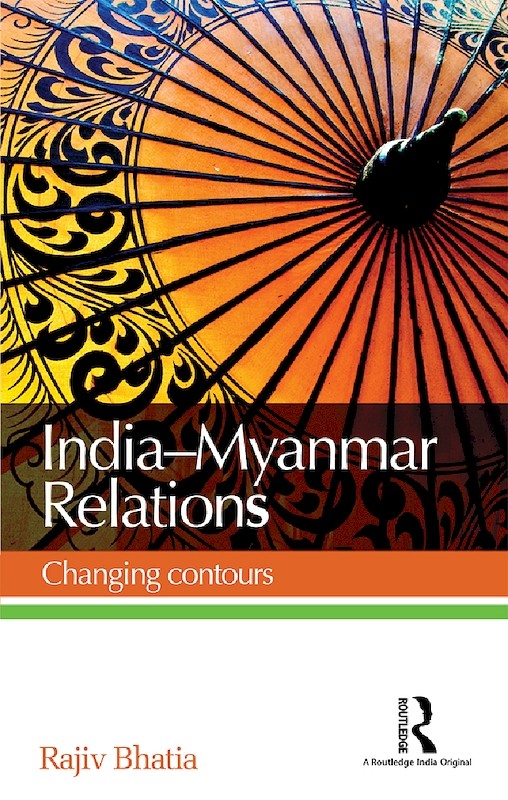
Rajiv Bhatia, author
Date of publication:
2015
Publisher:
Routledge/ISEAS – Yusof Ishak Institute
Number of pages:
257
Code:
BM535
Hard Cover
ISBN: 9781138929593
Reviews
V.S. Seshadri, Outlook, Dec 28, 2015: 84
"...it is timely that a new book by diplomat-turned-scholar Rajiv Bhatia addresses the changing contours of India-Myanmar relations. As a former ambassador to Myanmar, Bhatia is uniquely suited to provide a better understanding of Myanmar, its internal dynamics and of India's relations with it at this interesting time. .... Myanmar scholars can expect much - facts, sound analysis and supportive evidence.
The multi-faceted relations between the two neighbours date back to historical times. These are captured in three separate and well-researched chapters that deal with the period up to the British Raj, from independence up to the relaxation of military rule and from 2011 to 2014.
Indian readers may at this time want to know how the NLD government and Suu Kyi herself may look at developing future relations with India, a country with which she has great familiarity. There is ample material in the book to delve into for answers, including an analysis of the very many interviews she gave during her visit to India in 2012."
M. Ganapathi, The Hindu, Oct 31, 2015
"Written in a lucid style, with well-researched and analysed scholarly inputs, the diplomat-turned-scholar in Rajiv Bhatia comes to the fore. And the author has used his ringside view of dealing with Myanmar to great advantage. The book is a veritable storehouse of information and should appeal to not only the serious-minded scholar but also to those keen to know more about Myanmar. (...) The author has been thoughtful in providing a list of bilateral Agreements and MoUs as an Annexe. He has spent considerable effort at including a vast array of cross-references. And the bibliography at the end of the book is extensive. These should provide valuable support to any serious scholar/ diplomat/ academic to further pursue his research on Myanmar."
K. Natwar Singh. "Former Friend, Current Neighbour." The Tribune, Nov 1, 2015
"This is an extraordinary, impressive book on India-Myanmar relations by our former ambassador to the country. Rajiv Bhatia knows Myanmar well having been closely associated with it for almost one-fourth of his illustrious career in the Indian Foreign Service. His book is free of cliches and bureaucratic jargon. (...) Relations between countries can never be constant, new situations emerge, priorities change, the bilateral and multilateral agendas alter. The same is true of relations between India and Myanmar. Rajiv Bhatia does not sidetrack these factors. Former foreign secretary, Shyam Saran (an experienced Myanmar diplomat) refers to these aspects. 'He (Bhatia) has made some substantive recommendations for our Myanmar policy covering government-to-government, business-to-business and people-to-people engagement.' "
"...it is timely that a new book by diplomat-turned-scholar Rajiv Bhatia addresses the changing contours of India-Myanmar relations. As a former ambassador to Myanmar, Bhatia is uniquely suited to provide a better understanding of Myanmar, its internal dynamics and of India's relations with it at this interesting time. .... Myanmar scholars can expect much - facts, sound analysis and supportive evidence.
The multi-faceted relations between the two neighbours date back to historical times. These are captured in three separate and well-researched chapters that deal with the period up to the British Raj, from independence up to the relaxation of military rule and from 2011 to 2014.
Indian readers may at this time want to know how the NLD government and Suu Kyi herself may look at developing future relations with India, a country with which she has great familiarity. There is ample material in the book to delve into for answers, including an analysis of the very many interviews she gave during her visit to India in 2012."
M. Ganapathi, The Hindu, Oct 31, 2015
"Written in a lucid style, with well-researched and analysed scholarly inputs, the diplomat-turned-scholar in Rajiv Bhatia comes to the fore. And the author has used his ringside view of dealing with Myanmar to great advantage. The book is a veritable storehouse of information and should appeal to not only the serious-minded scholar but also to those keen to know more about Myanmar. (...) The author has been thoughtful in providing a list of bilateral Agreements and MoUs as an Annexe. He has spent considerable effort at including a vast array of cross-references. And the bibliography at the end of the book is extensive. These should provide valuable support to any serious scholar/ diplomat/ academic to further pursue his research on Myanmar."
K. Natwar Singh. "Former Friend, Current Neighbour." The Tribune, Nov 1, 2015
"This is an extraordinary, impressive book on India-Myanmar relations by our former ambassador to the country. Rajiv Bhatia knows Myanmar well having been closely associated with it for almost one-fourth of his illustrious career in the Indian Foreign Service. His book is free of cliches and bureaucratic jargon. (...) Relations between countries can never be constant, new situations emerge, priorities change, the bilateral and multilateral agendas alter. The same is true of relations between India and Myanmar. Rajiv Bhatia does not sidetrack these factors. Former foreign secretary, Shyam Saran (an experienced Myanmar diplomat) refers to these aspects. 'He (Bhatia) has made some substantive recommendations for our Myanmar policy covering government-to-government, business-to-business and people-to-people engagement.' "
About the publication
This book provides a comprehensive evaluation of India's multi-faceted relations with Myanmar. It unravels the mysteries of the complex polity of Myanmar as it undergoes transition through democracy after long military rule. Based on meticulous research and understanding, the volume traces the trajectory of India–Myanmar associations from ancient times to the present day, and offers a fascinating story in the backdrop of the region's geopolitics. An in-depth analysis of the India–Myanmar–China Triangle brings out the strategic stakes involved. It will be of great interest to researchers and scholars of international relations, peace and conflict studies, defence and strategic studies, politics, South and Southeast Asian studies, as well as policymakers and political think-tanks.
Co-publication: Routledge/ISEAS – Yusof Ishak Institute
Co-published by ISEAS–Yusof Ishak Institute for distribution in Singapore and Malaysia


